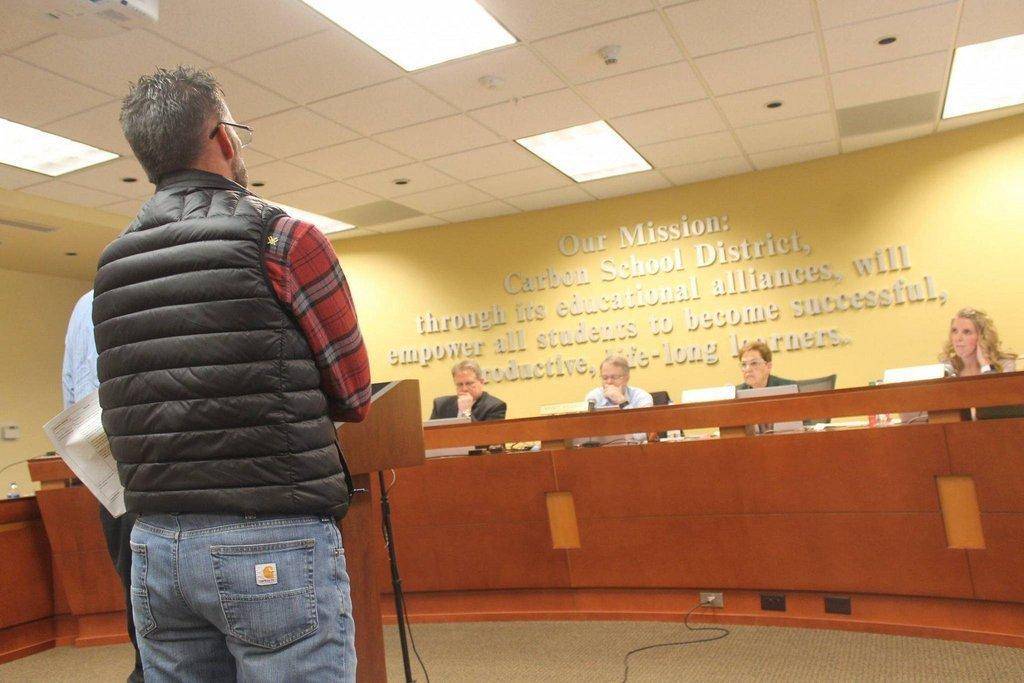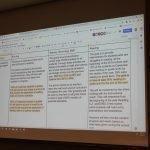In the state of Utah, the federal government has designated a certain amount of land to be a school trust. While this is not uncommon for a state to do, Utah is unique by keeping the land that way without selling it in order to take the money and put it toward education.
There is still a great deal of land in Utah that is owned by the state to only to be used for the school trust. There is an organization that manages that land while trying to earn as much money as possible from it. This is conducted in a number of ways, whether is be grazing, minerals deposits, mining, oil extraction or more.
At times, parcels of land are sold. However, that is something that is avoided, if possible, in order to be able to continue to utilize the use of the land.
Once money is raised, it is all taken and placed into a bank account. The interest from that the money is used to run the program and distribute money to the schools. When Carbon School District Superintendent Lance Hatch first began as an administrator, the school he worked at was receiving around $12,000 per year. Supt. Hatch stated that that school is likely now receiving $30,000 or $35,000. Large schools, such as Carbon High School, receive well over $100,000 per year.
The amount given grows each year because the money earned from the land goes into the account. Supt. Hatch stated that that is a big reason why it is important for individuals to learn what the money is used for as the legislature makes plays for it each year. He stated that, in the past, the public has been very helpful in holding them accountable and keeping it as school funds. The state allocates amount per pupil to the schools, who then create a plan for how they will spend the money. It is required by law for parents, teachers and school staff to be involved in the decision-making process.
During the Carbon School Board’s most recent meeting, the schools in the district were asked to bring a structured plan on how they plan to make the best use of the provided funds. It is the responsibility of the board to approve said plans, next sending them to the state board for review and approval.
Supt. Hatch stated that there are ways that the money cannot be spent. Projects that must be handled anyway are not in the jurisdiction and the money must go toward academic-driven events, materials, etc. Supt. Hatch stated that the rule can, at times, make a plan tricky due to the schools wanting to provide music and art, which are important but must be carefully constructed.
“We’re really glad that we get the money,” Supt. Hatch said.
One way that he has watched a positive impact be made through this program is that many of the elementary schools use the funds to hire reading aides. The value of a reading aide works not only by the aide working in small groups with certain students, but by also freeing up some of the teacher’s time to also be able to individually work with students that need the extra help.
All of the other funds received for schooling are district-based. However, these are purely school-based and allows the schools to structure their own needed plans.




